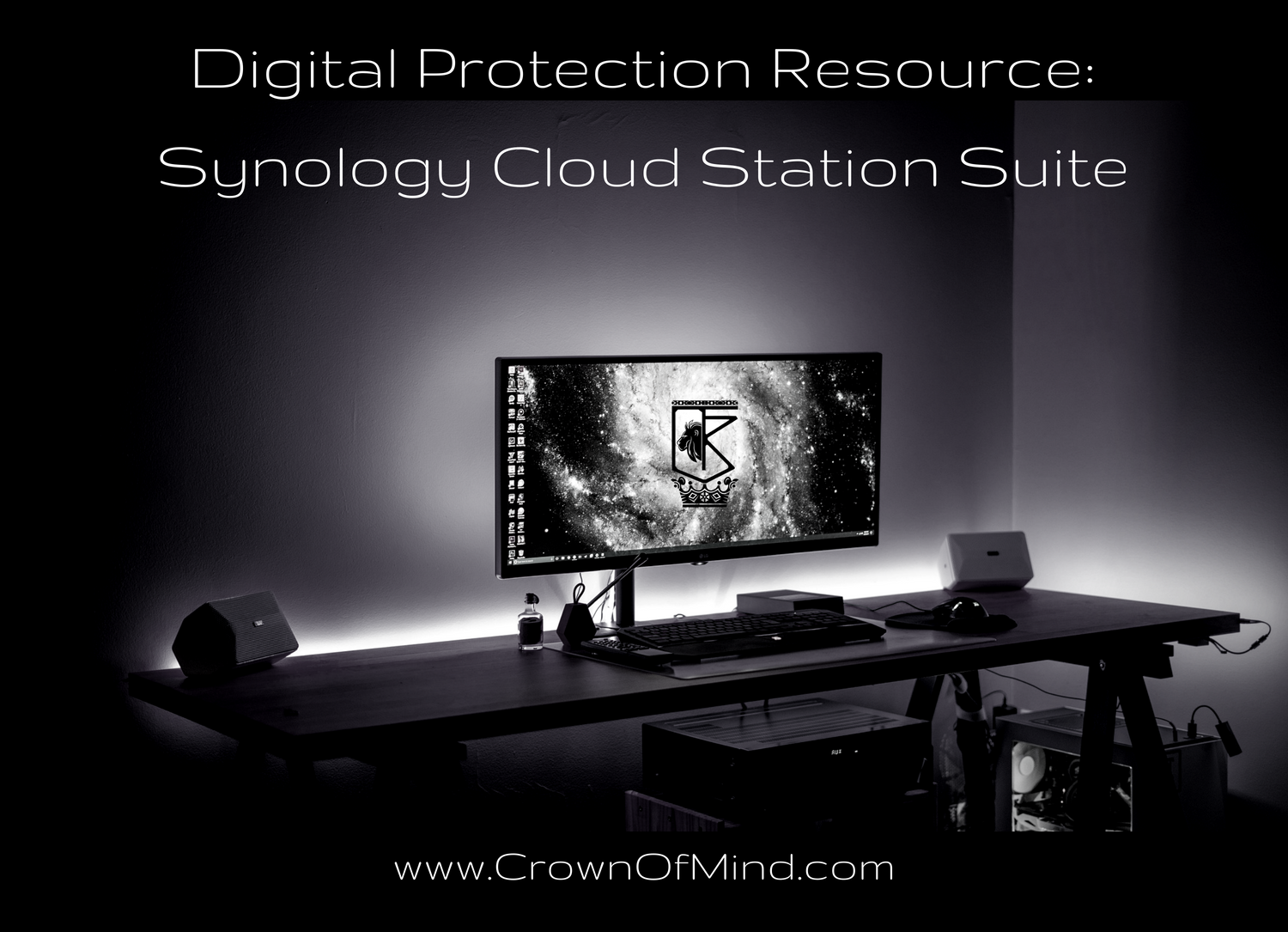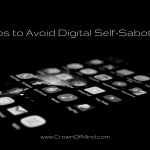I’ve held a long-term interest in understanding the various ways our privacy is exchanged for access. What used to be a basic trade (address info for opening up a bank account) has become a full-on assault to capture as much info as possible. This drive to digitize all information of course makes that information vulnerable; if I can set up a system to put information inside of it, for example, it means I’ve created a doorway, otherwise the information couldn’t be sent through. And by design, if I create a door for info to go through, I automatically create the condition for that information to be extracted.
There was a point in time when E-mail providers (Yahoo! for example) didn’t request a phone number to set up an account. I know because one of my very first accounts didn’t ask for it. Try to create an account now and you’ll be prompted to include some number. The angle approached is “for increased security.”
Today we’re faced with this transaction: New Digital Source in exchange for Create New Account
Each new account is a new username or E-mail request, with a new password, and a new mailing list we’re automatically opted into (new laws are in operation regarding this, read here), which then flood our E-mail inboxes, which then increases the information we likely don’t need to see. Check out my previous post on E-mail management for how to coordinate your inbox when it reaches this level, and for prevention methods.
There are more accounts to delete, more to reference, more companies with information on us that may not (or may be) maliciously utilized. And like any physical clutter, mental clutter can influence our inner systems, drain our life force, deplete our resources.
What can we do?
First is to remove as many unused accounts as possible. You can do this at Just Delete Me.
Next, invest in a private server. I use Synology’s Cloud Station Suite.
Synology’s Digital Benefits:
- A physical device that connects to your IP Address. One might ask if this still makes the information vulnerable. It would be if you used this cloud to surf the Net. But it’s only a storage space that allows you to save content and send via E-mail.
- Access to your cloud is protected. No one else can enter it unless they have your unique cloud IP, username and password. If they have that, then you’re vulnerable.
- You can create folders and store important media.
- Memory options are available.
- You can grant targeted access to another person. If you want to send a file, you can create a customized link for that file only, among the others in a given folder. You can remove access when desired.
- Synology does consistent work on their product, frequently creating updates and patches to improve the user experience.
These features effectively render most features in Dropbox and Google Docs useless, with Google’s strongest conveniences tied to its co-creating capability; multiple people can work on a document together in a shared space. The DS Cloud does not provide this, and it’s really not its purpose. A secondary negative point on the system is its aesthetic. The interface isn’t beautiful and has a feel of the old Internet Explorer browsers, but what it lacks in appearance it makes up for in securing information.
As a professional or even just for personal efficiency, I recommend having a private suite like this. It offers you an an additional layer of security, reinforced by having a physical external hard drive and physical copies of any documents you value.






